

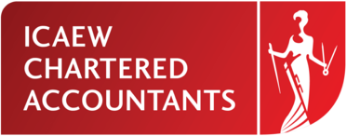
As many employers know, UK tax and employment laws can be a nightmare to negotiate. Falling foul of the rules and regulations can lead to penalties - even if you are unaware you've done so.
One particular area that causes problems is known as P11d benefits in kind (BIK).
If you are struggling with this, Prescient Accounting can fill in all the gaps. Our highly trained accountants specialise in areas like BIK and will provide expert support and advice.
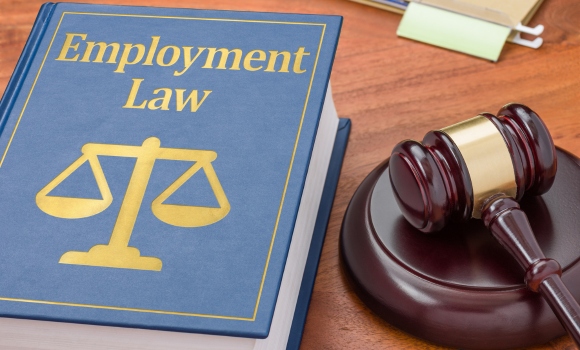
Let us know what you need from your accountants, we’re happy to help.
We believe that the role of the accountant is much more than dealing with pure compliance. That’s why we’re offering a free video or telephone call with one of our team of chartered accountants, to give you straightforward and open dialogue about your tax and accounting affairs.
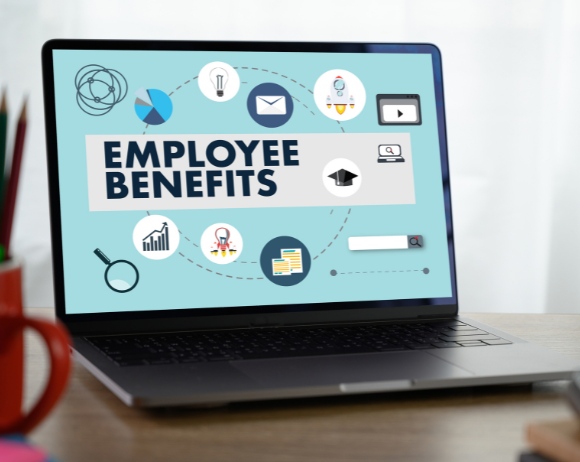
In the context of UK tax and employment law, benefits in kind encompass a diverse range of non-cash advantages companies extend to their employees beyond their regular wages.
These perks can significantly enhance an employee's overall compensation package, offering additional value without directly increasing their taxable income. However, it's crucial to understand that an employment-related benefit might be subject to taxation, impacting both the employee and the employer.
Here's a more detailed breakdown of common BIK categories:
This is not an exhaustive list, and there might be other BIKs not mentioned here, like a company credit card, the cash value of living accommodation, professional fees/subscriptions, and workplace nurseries. Official guidance is available from HM Revenue and Customs (HMRC), although your Prescient Accounting specialist will provide comprehensive information on the latest regulations, as they can change frequently.
The name comes from the P11d form that must be completed to report expenses and taxable benefits in kind. As an employer, you must file a P11d form if you don't pay expenses and benefits through payroll.

The P11d filing responsibility falls squarely on the shoulders of employers who have employees receiving such benefits in kind (BIK) that exceed the HMRC-set threshold for any given tax year.
Let's lay out the facts clearly:
Now let's take a look at the actual process...
The P11d Process: A Step-by-Step Guide
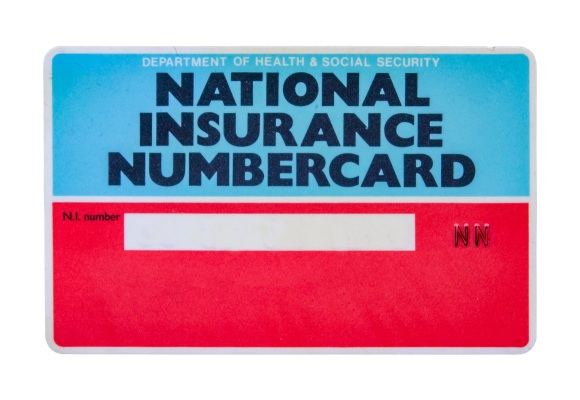
Clients often ask us what impact Pd11 has on National Insurance Contributions, and it's important to get this right.
Here's a quick guide to explain the basics:
Unlike income tax, employees don't pay NI contributions on the value of benefits reported on their P11d forms. They only pay NICs on their regular salary and any bonuses that are subject to tax.
Employers are responsible for paying an additional NIC, called Class 1A National Insurance, on the value of most benefits reported on employees' P11d forms. This essentially means the employer pays a tax on the benefit provided to the employee.
There are a few exceptions where Class 1A NI doesn't apply to benefits reported on P11d forms, including:
While employees themselves don't pay NI contributions on P11d benefits, employers do incur an additional Class 1A NI charge on certain benefits provided. This highlights the importance of accurately valuing benefits and understanding the associated tax implications for everyone involved.
Your dedicated Prescient Accounting tax specialist will guide you through everything, so there's no need to worry about any stage of the process!
When an employee receives benefits in kind that get reported on a P11d form, their tax code changes. This isn't random change; it's a carefully calculated alteration with a specific purpose, ensuring they pay their fair share of income tax.
Unlike regular salary, such benefits don't automatically face tax deductions through the Pay As You Earn (PAYE) system. The P11d adjustment acts like a tax equaliser, bringing the BIK into the income fold and ensuring that employees contribute a fair amount of income tax throughout the year, just like with their regular salary.
Read More
This adjustment spreads the tax burden out over a longer time period; Instead of a hefty lump sum coming out of their next pay cheque, the additional tax is distributed across the entire tax year, making it easier to manage and avoiding any financial surprises.
Essentially, the P11d adjustment is a smart system ensuring everyone plays by the rules. Employees receiving BIKs contribute their fair share, and HMRC is happy!
While the P11d adjustment typically affects an employee's tax code, there are a couple of scenarios where it doesn't apply:
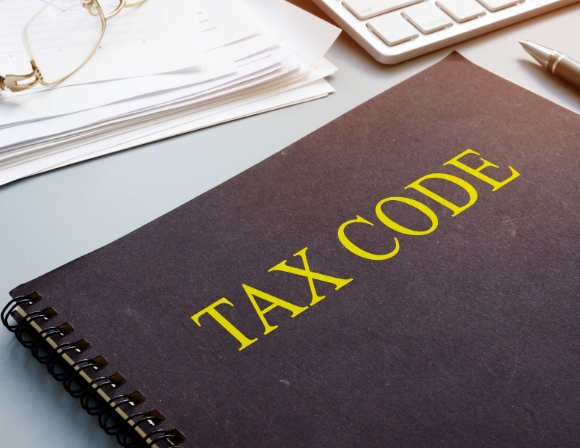
In essence, the P11d adjustment is a mechanism to ensure employees contribute their fair share of tax for BIKs. However, when an employer shoulders the tax burden through payrolling or the BIK falls under the category of a trivial benefit or specific exception, the employee's tax code remains unaffected.
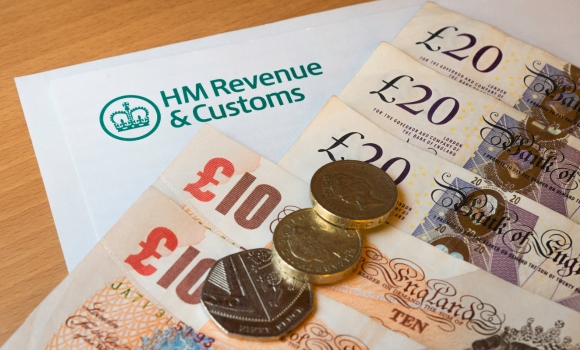
HMRC, the UK's tax authority, has established rules known as prescribed methods for calculating the value of various benefits in kind (BiK) for P11d reporting. These methods ensure fairness and consistency in how BiKs are taxed across different businesses and employees.
Here's a closer look at some common BiK categories and their corresponding prescribed methods:
Both of the above examples usually come under the term salary sacrifice arrangement, as the employee accepts a reduced gross salary so they can receive the benefit. It's possible to avoid paying tax if the employee covers the cost of private fuel or private mileage.
This one is relatively straightforward. The taxable value for PMI typically corresponds to the gross annual premium that the employer pays to cover the employee and any dependents on the policy.
It's important to remember that these are just a few examples, and the specific methods can vary depending on the type of BIK. In addition to the prescribed methods, other factors like the frequency of the benefit and personal vs. business use might also influence the final taxable value.
Thankfully, you won't have to waste time researching this, as our specialist tax accountants will handle all of this for you!
When you need assistance with your P11d form responsibilities, Prescient Accounting will eliminate the stress and frustration, providing clear,


We all need to pay tax, but navigating the tax system is not always easy!
However, Prescient Accounting provides clear, common-sense advice and support to guide you through the maze.
The P11d form is a source of frustration for countless employees, but our specialist accountants will eliminate all the stress by handling it for you.
Call us today for a no-obligation consultation, and we'll show you how easy paying tax can be!


P11d Benefits In Kind refer to items or services provided by an employer that are not included in a salary but have a monetary value. These can range from company cars to private health insurance.
The tax on P11d Benefits In Kind is determined based on the value of the benefit provided. This tax is typically paid through an adjustment in the employee's tax code.
Benefits reported on a P11d form can include company cars, health insurance, travel expenses, and other non-cash benefits provided to employees.
Yes, certain benefits such as work-related training and approved business travel expenses can be exempt from being reported as P11d Benefits In Kind.
Company cars are valued based on their list price and CO2 emissions, significantly impacting the overall value of P11d Benefits In Kind and the associated tax liability.
The deadline for filing P11d forms is July 6th following the end of the tax year for which the benefits were provided.

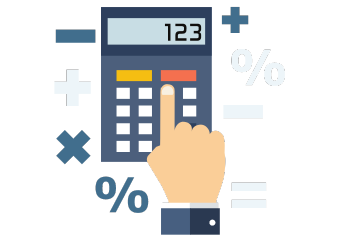
We believe that the role of the accountant is much more than dealing with pure compliance. That’s why we’re offering a free video or telephone call with one of our team of chartered accountants, to give you straightforward and open dialogue about your tax and accounting affairs.